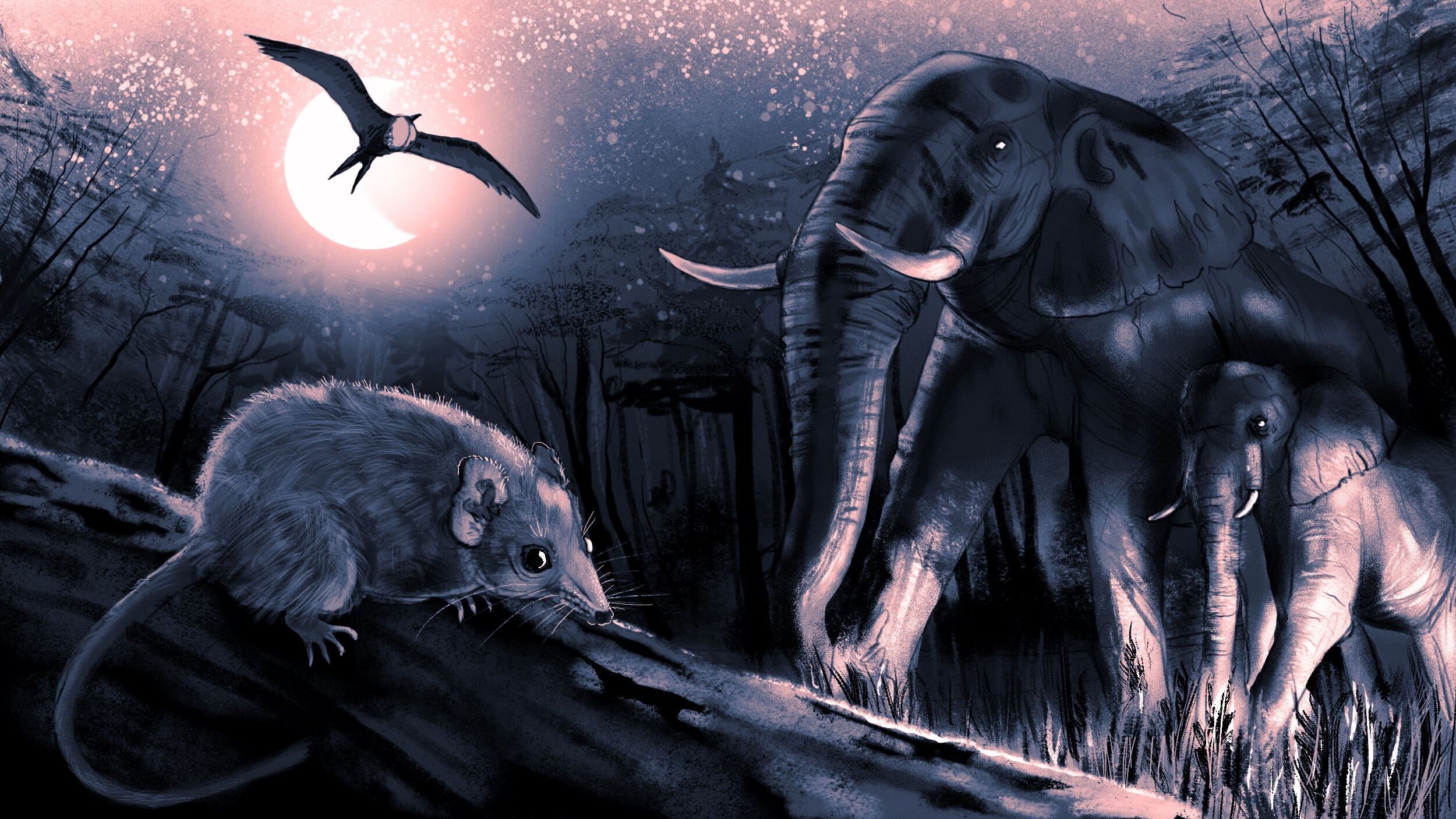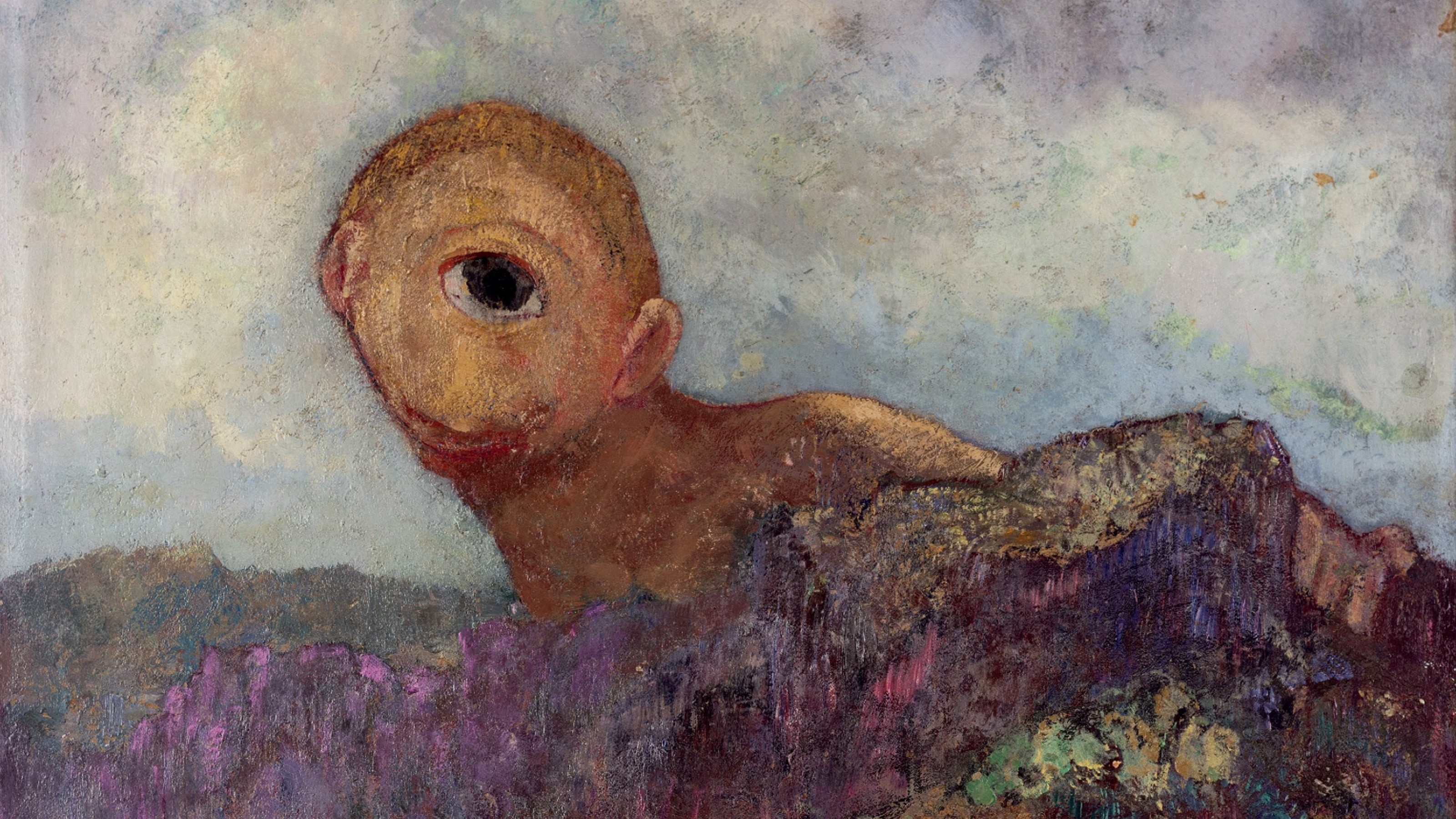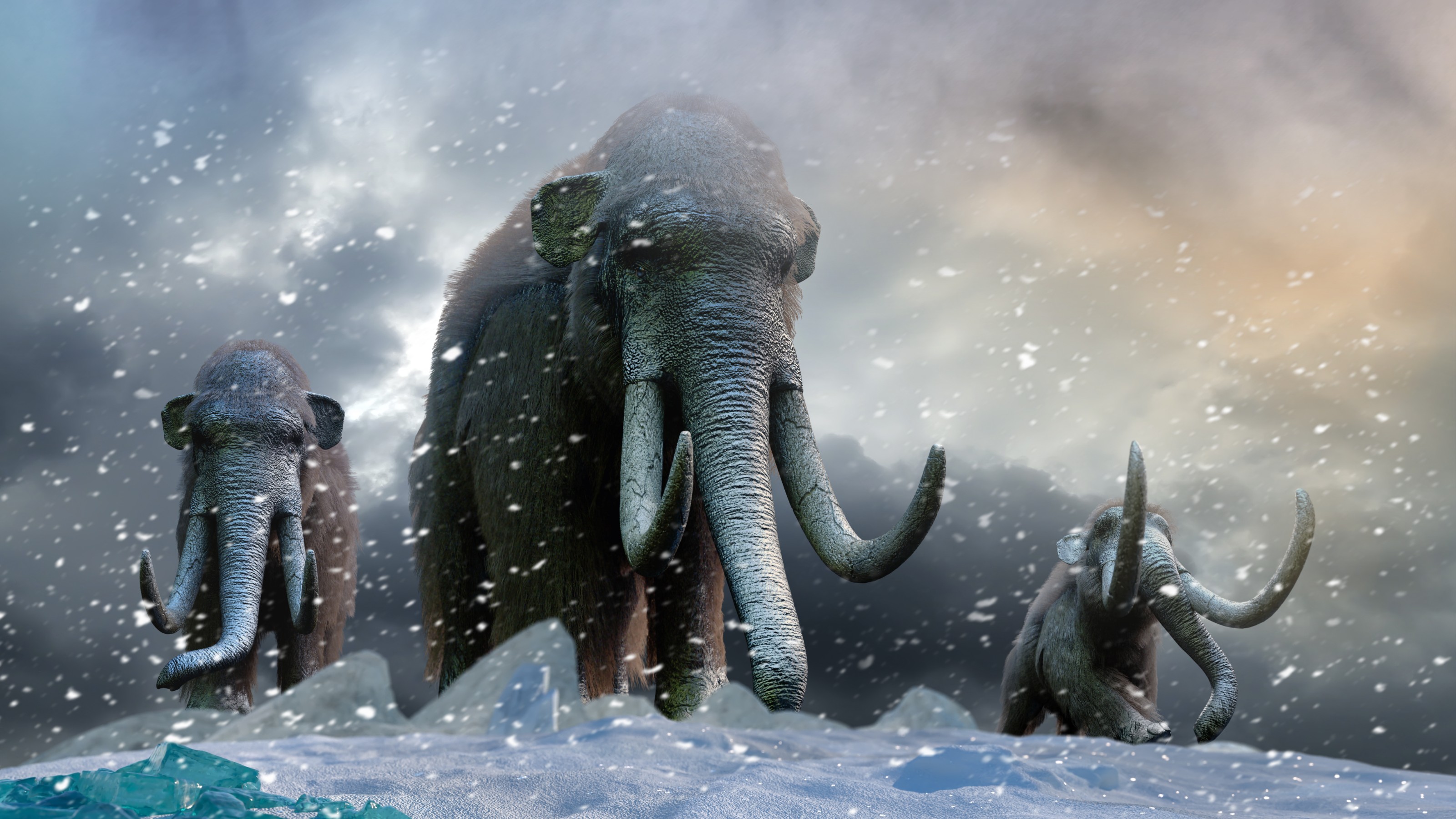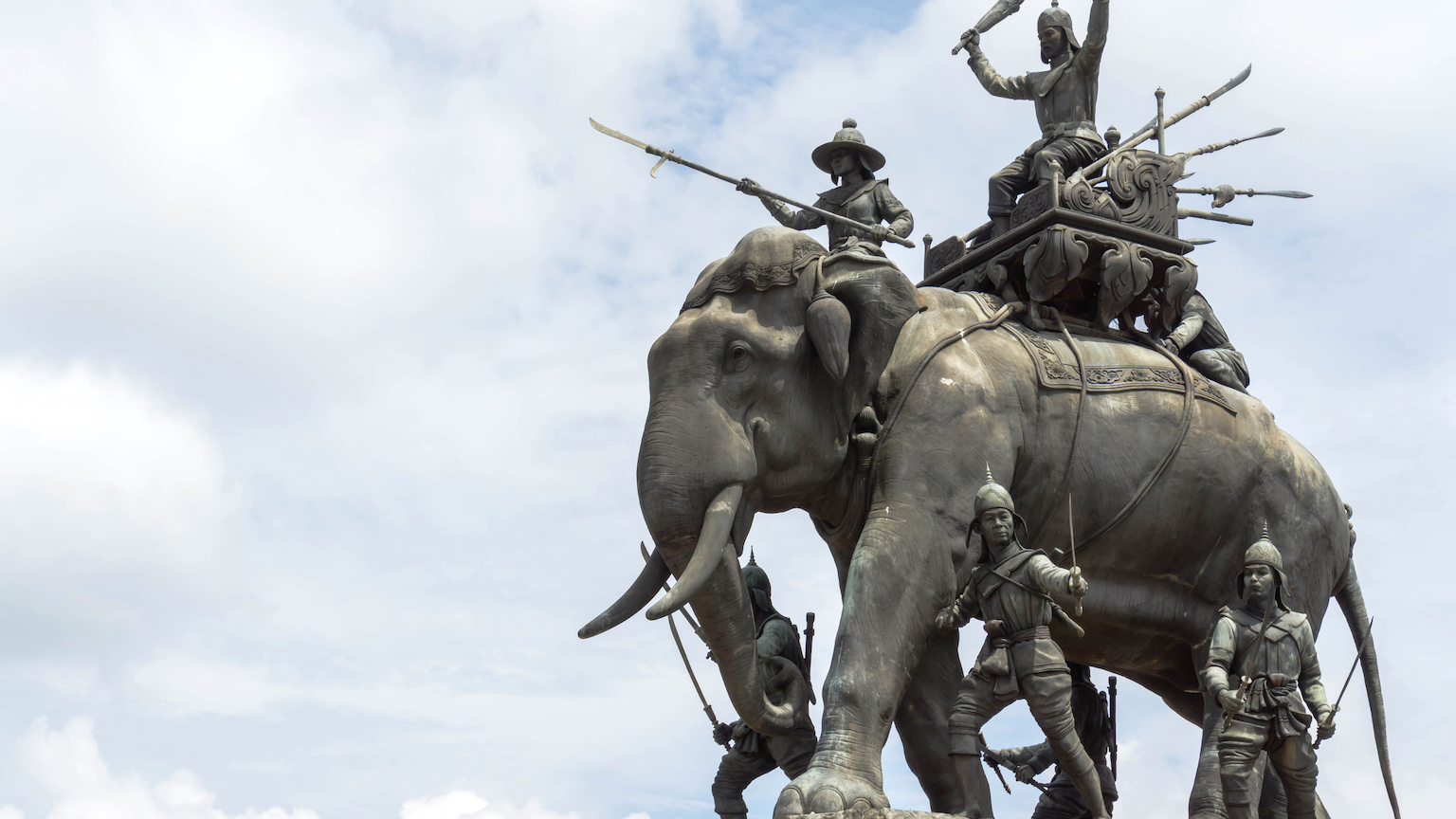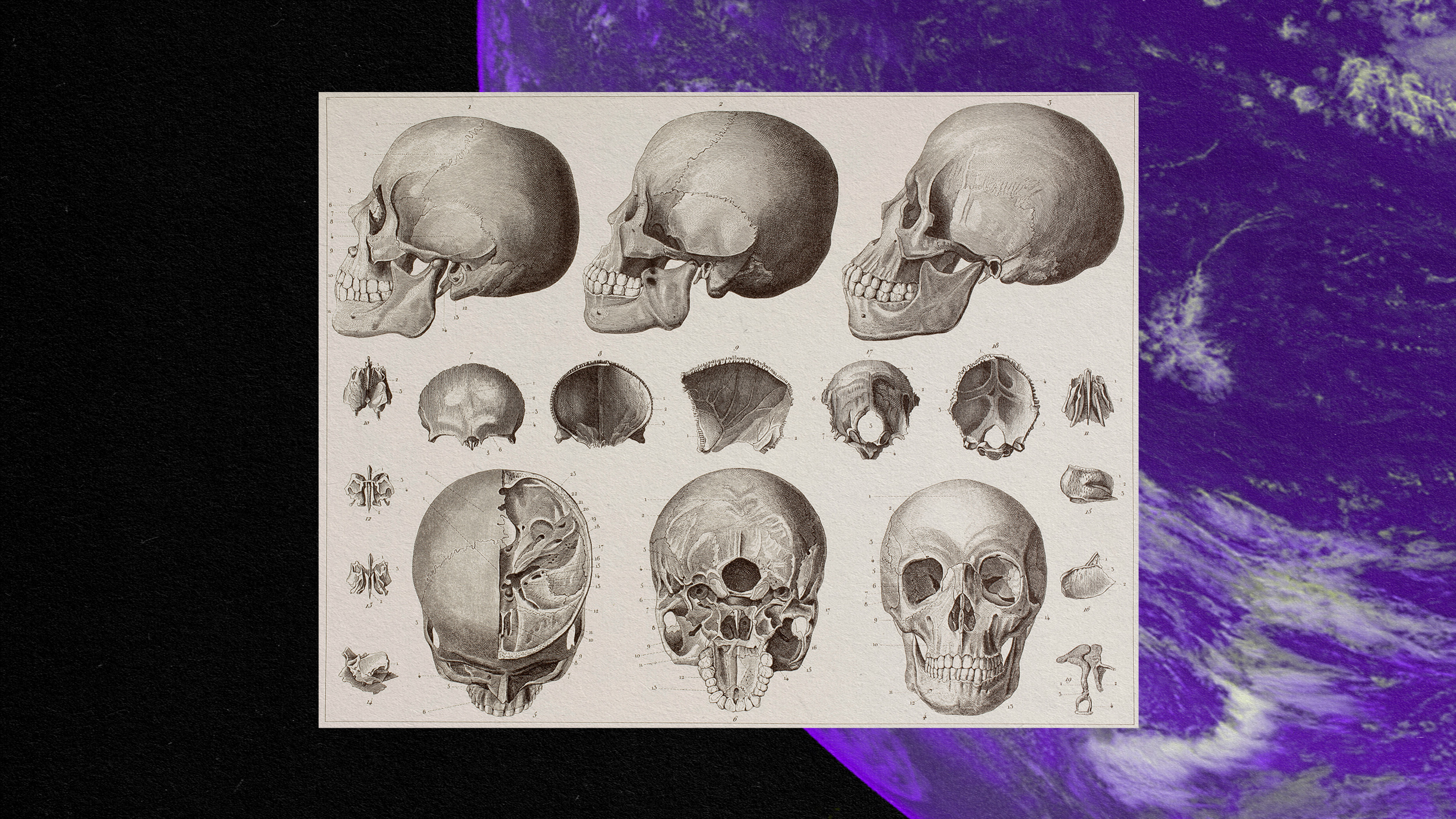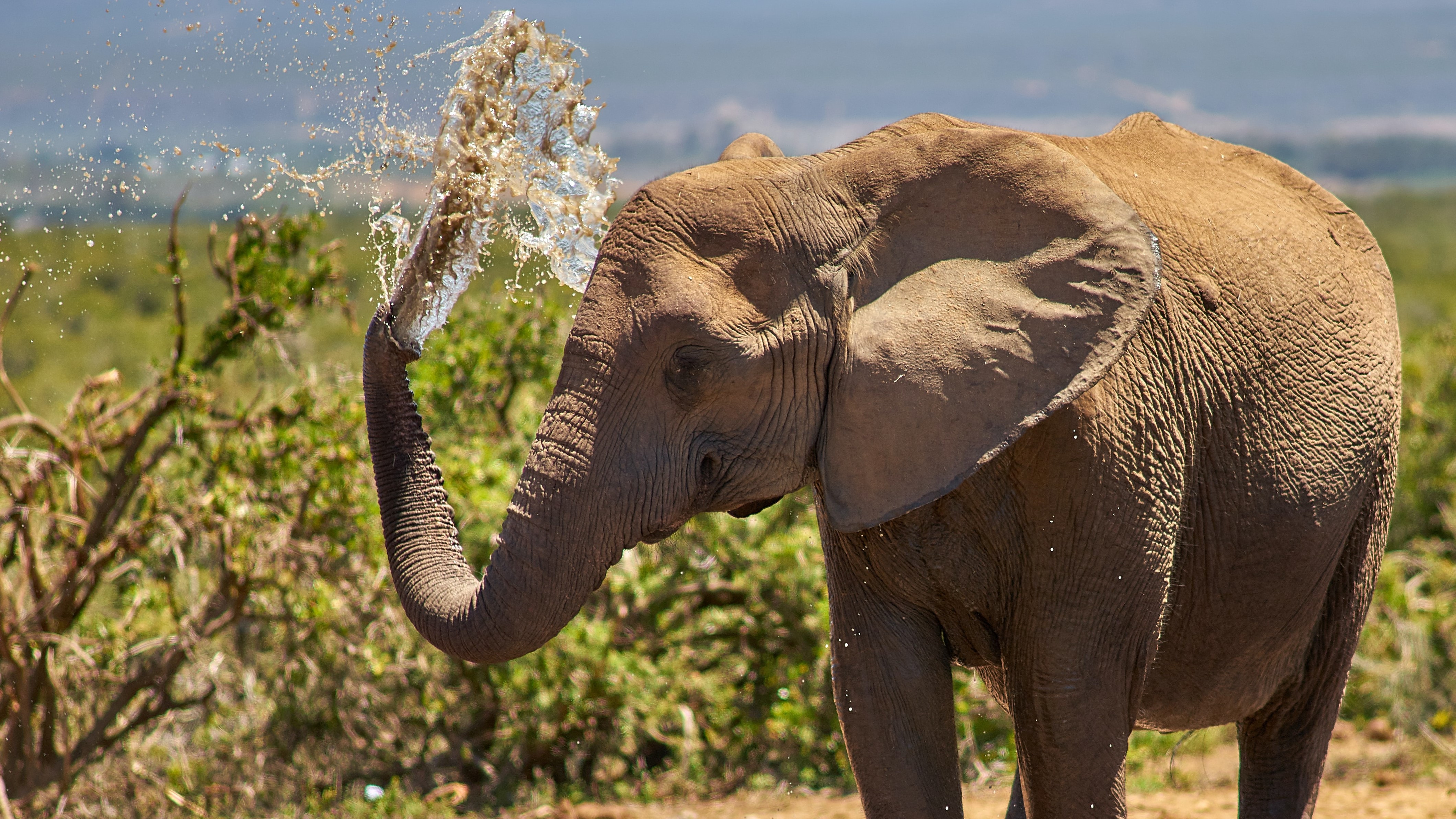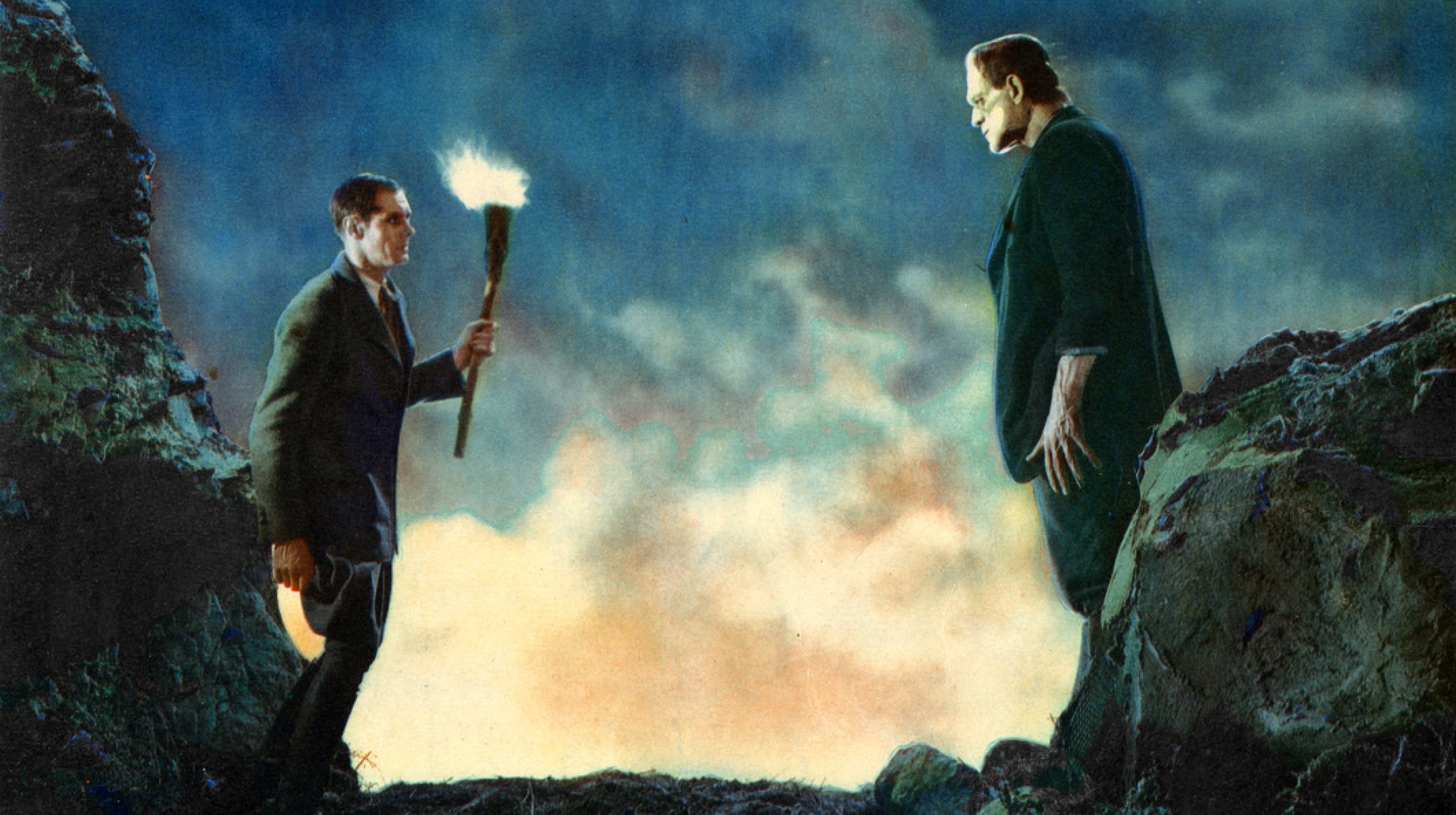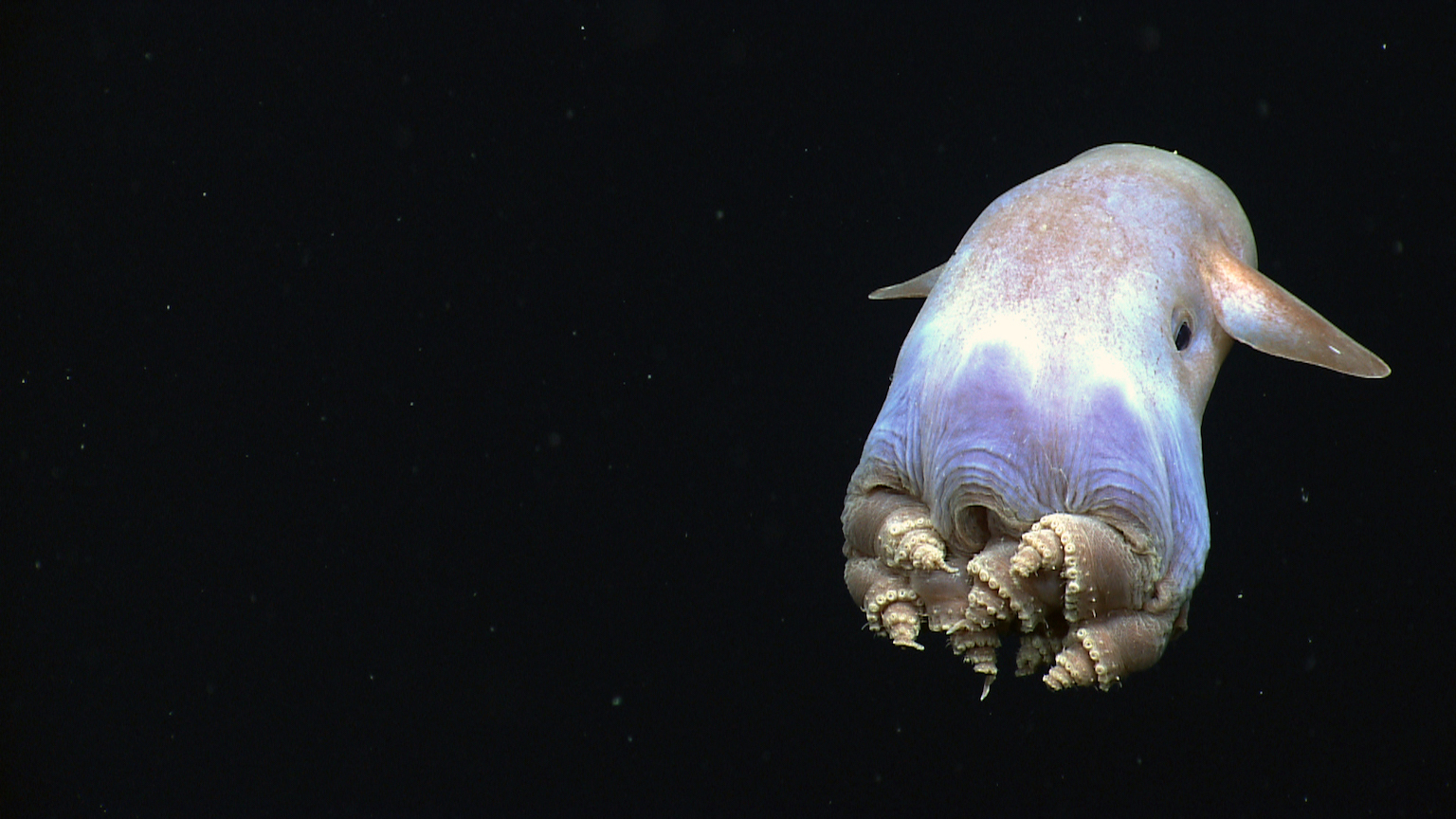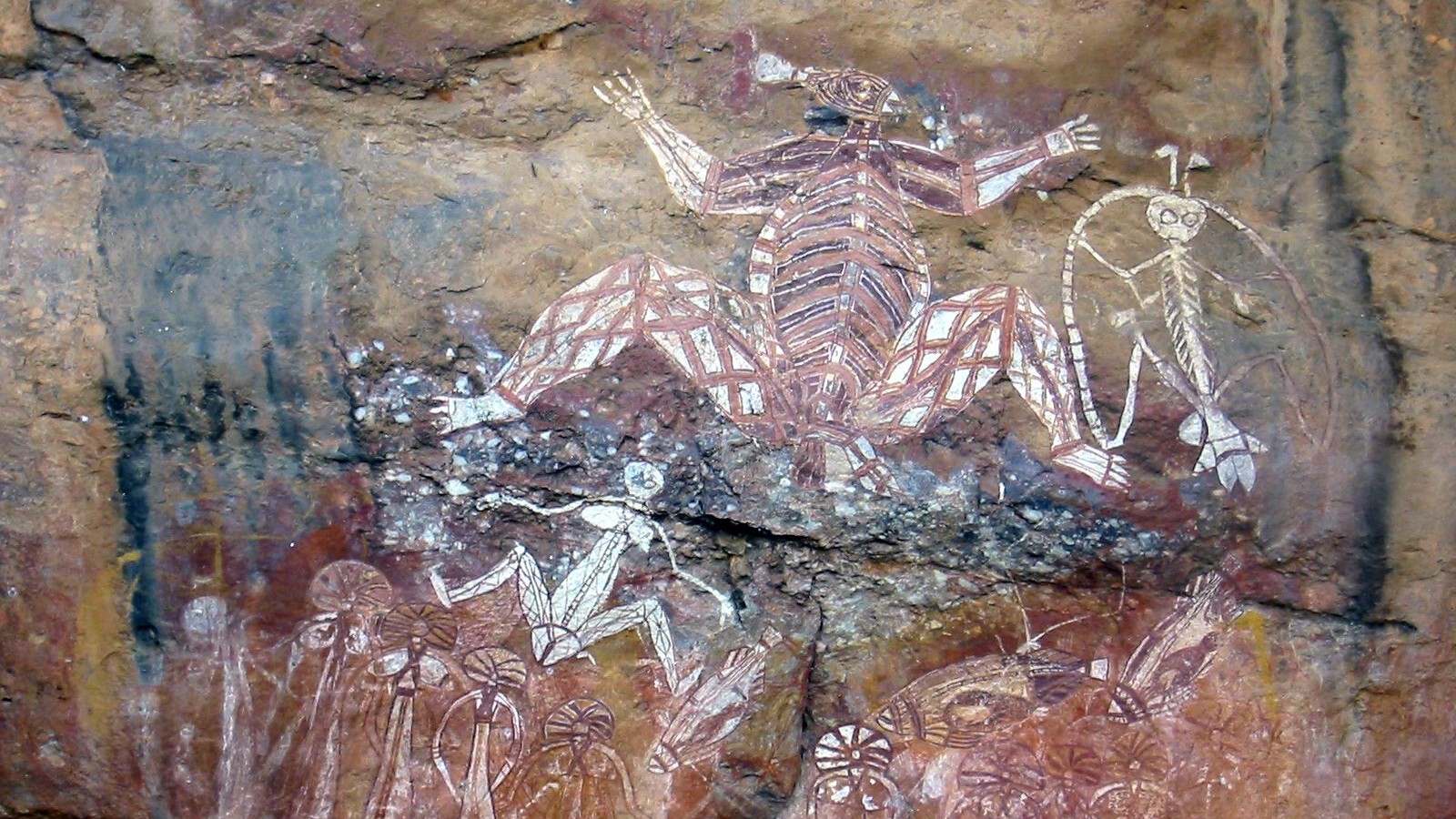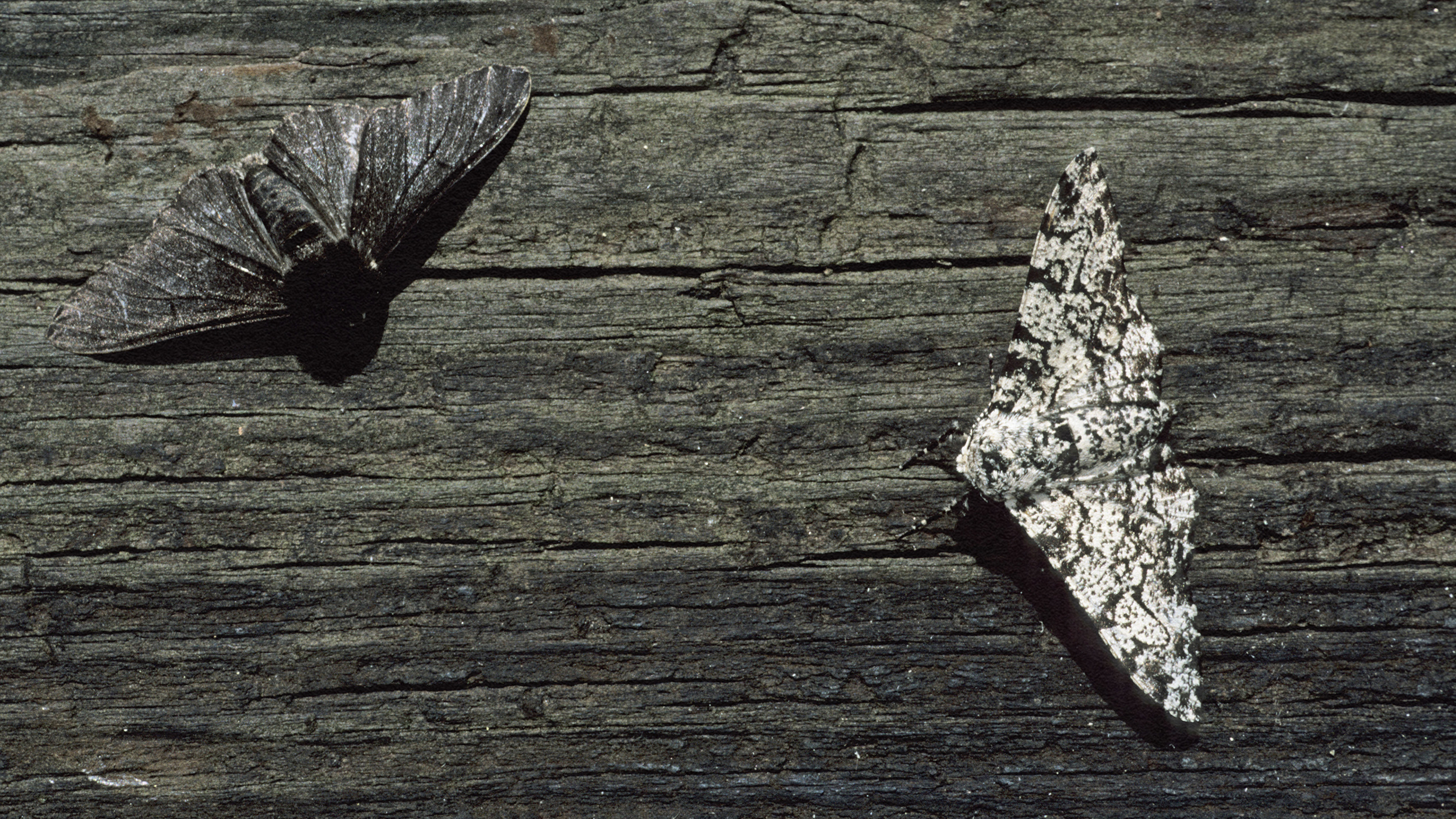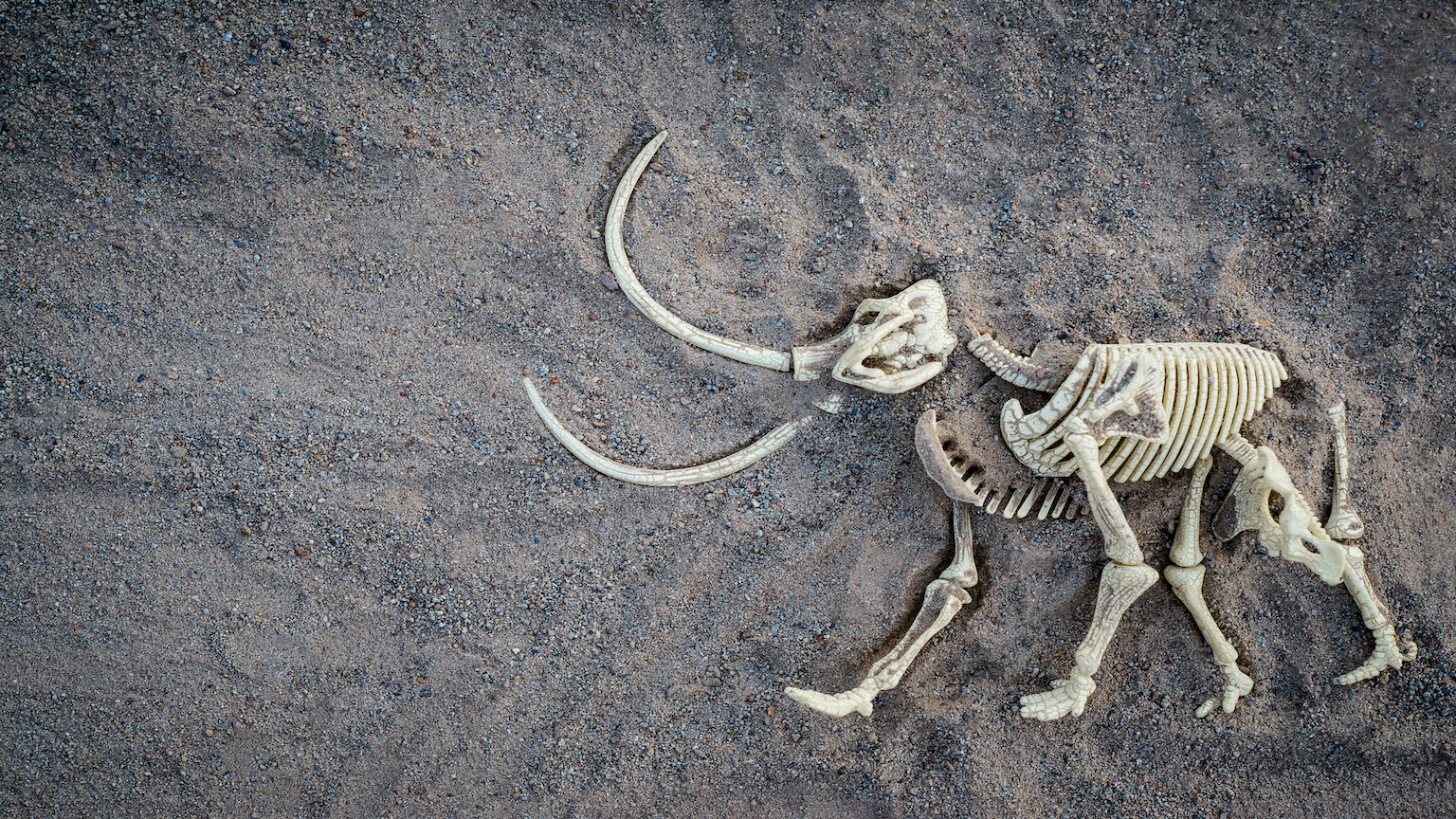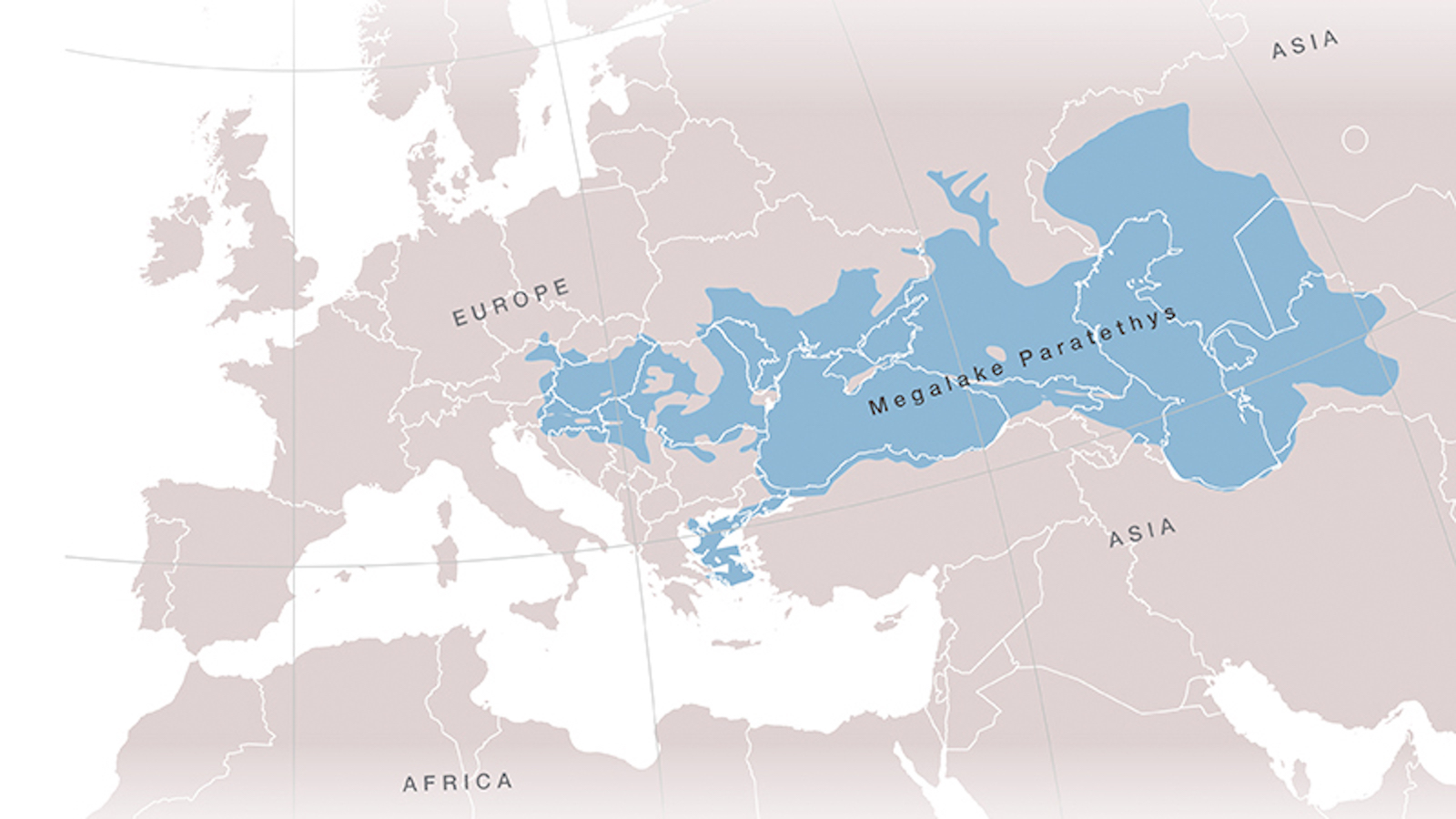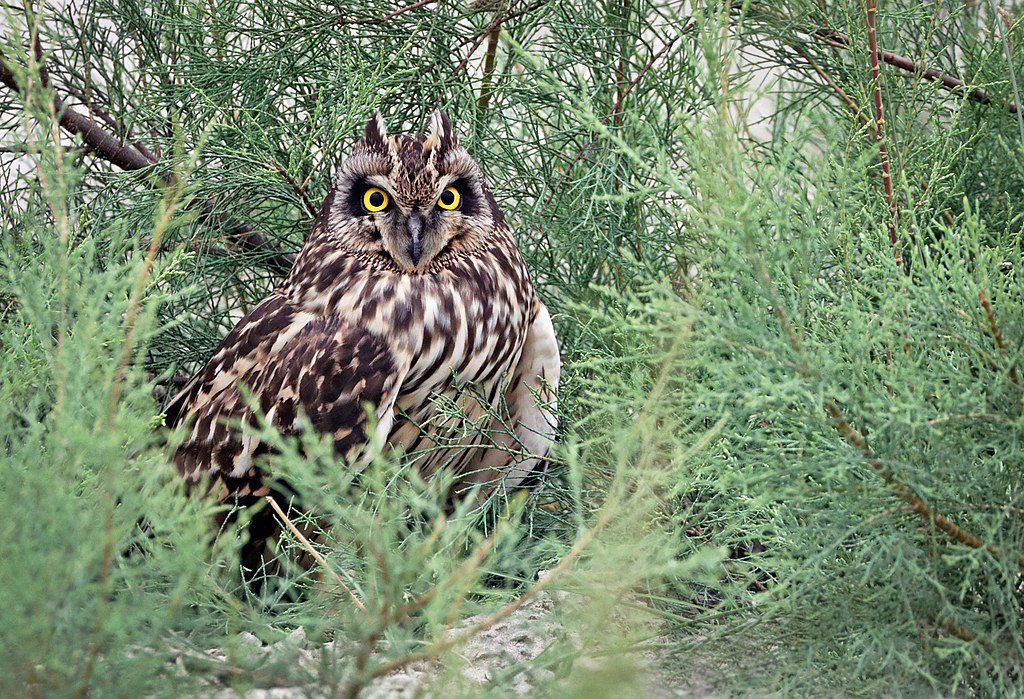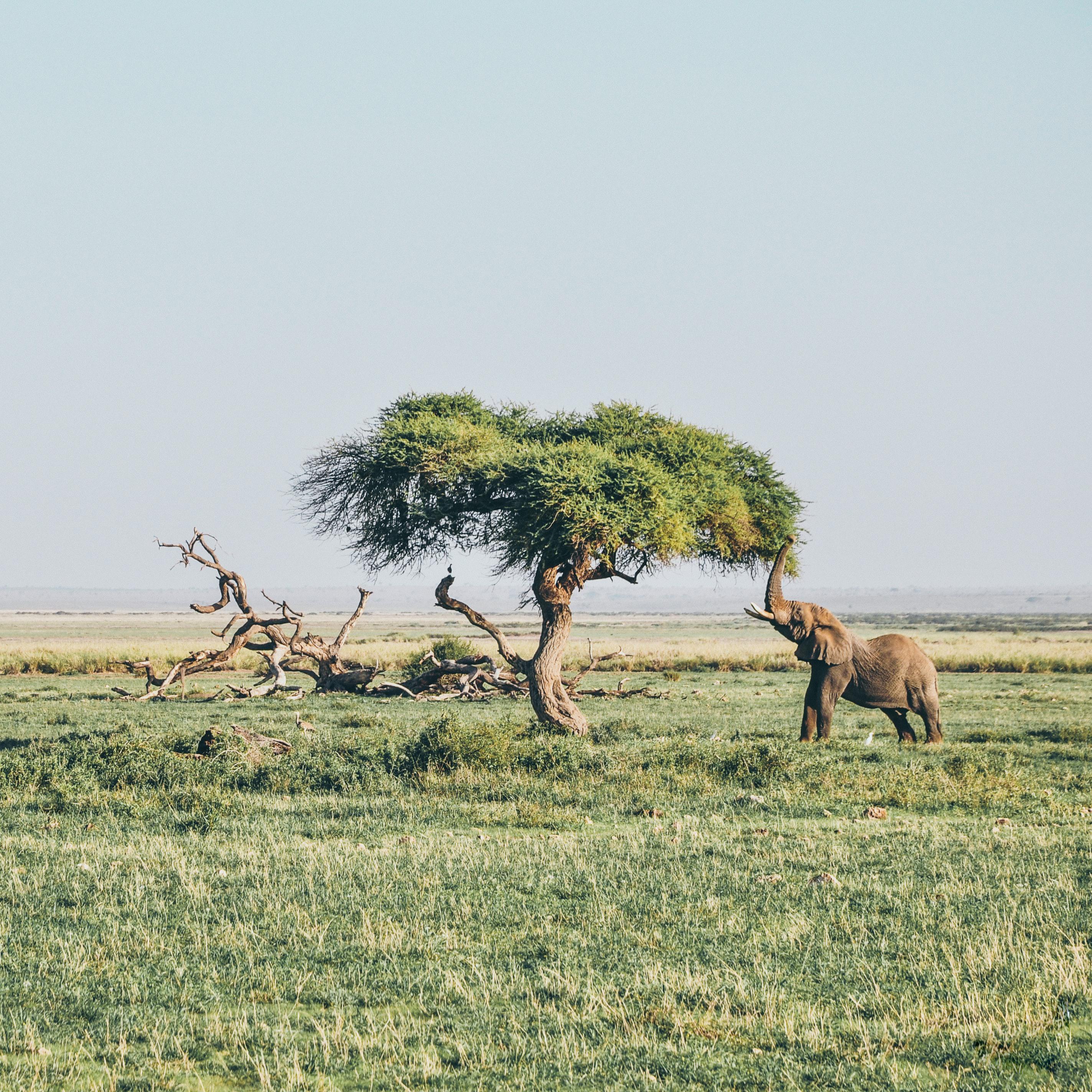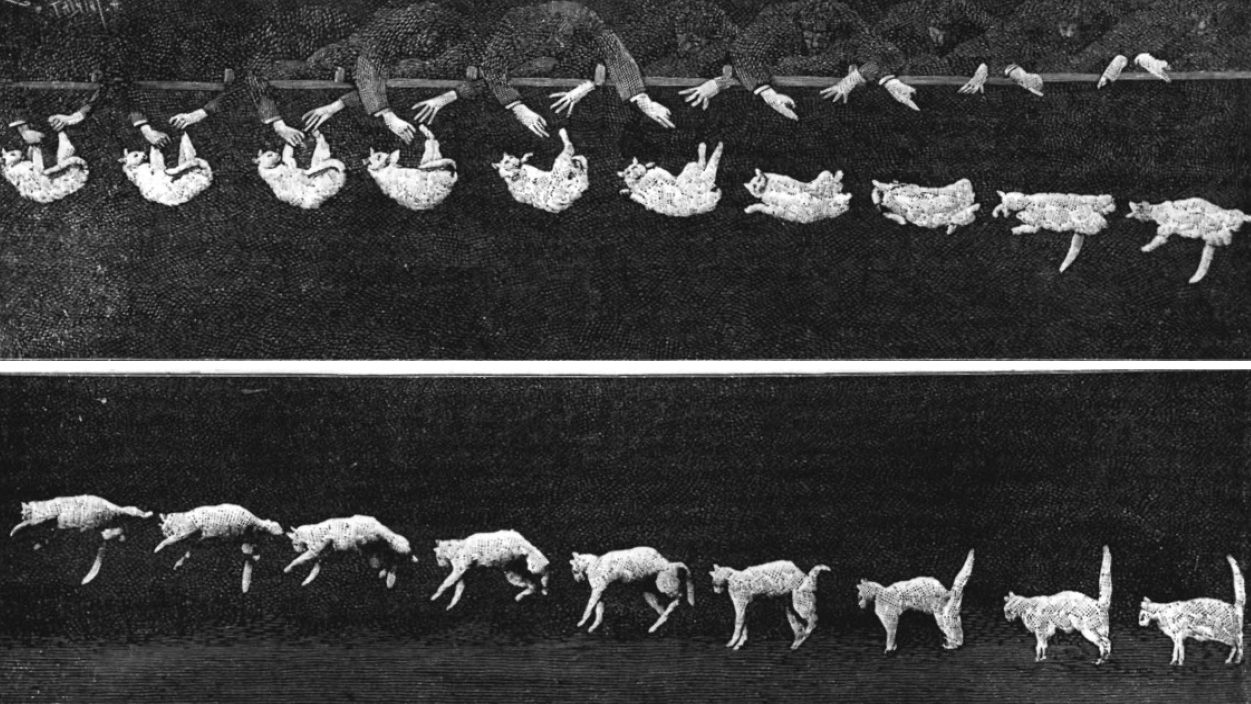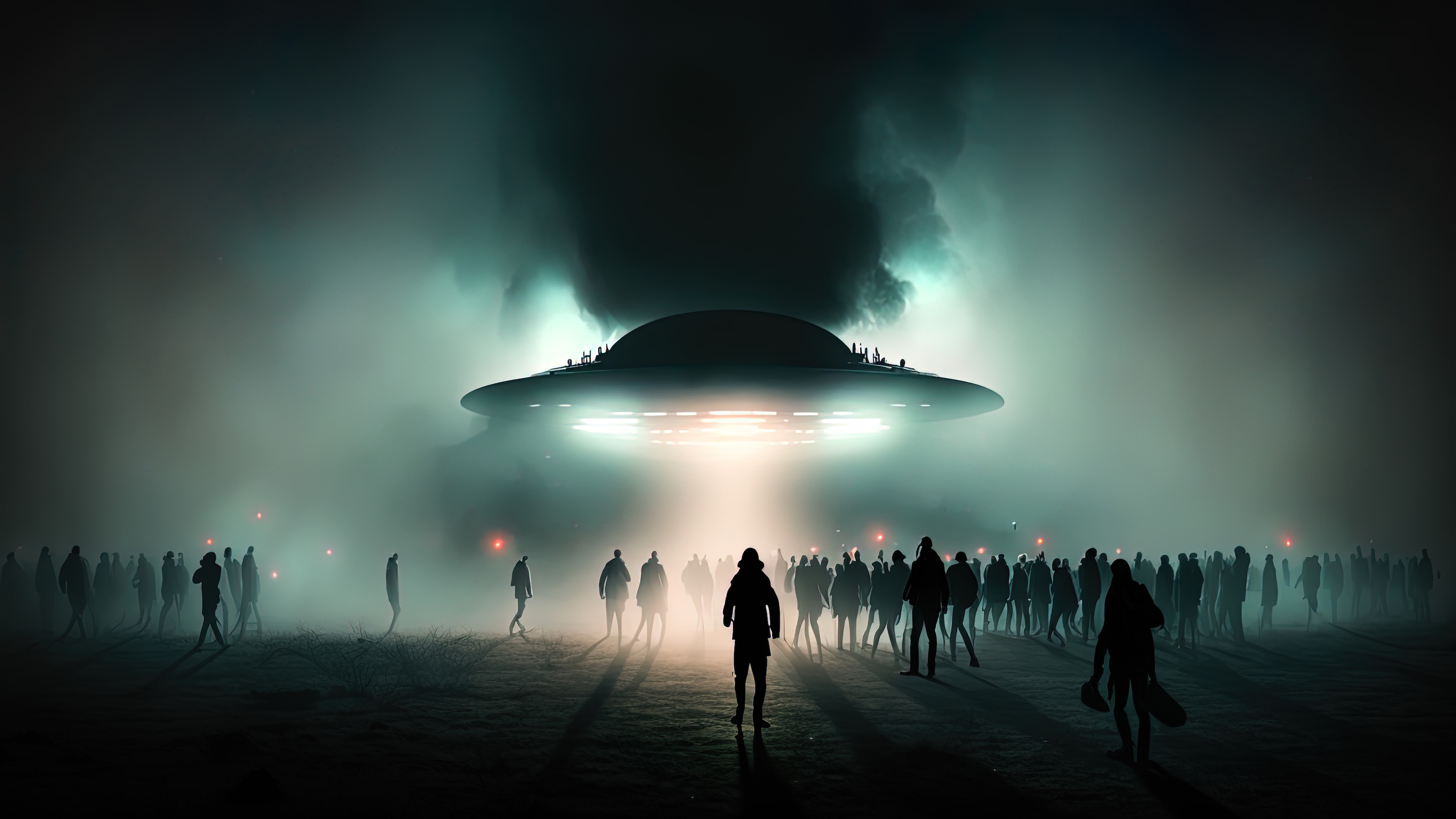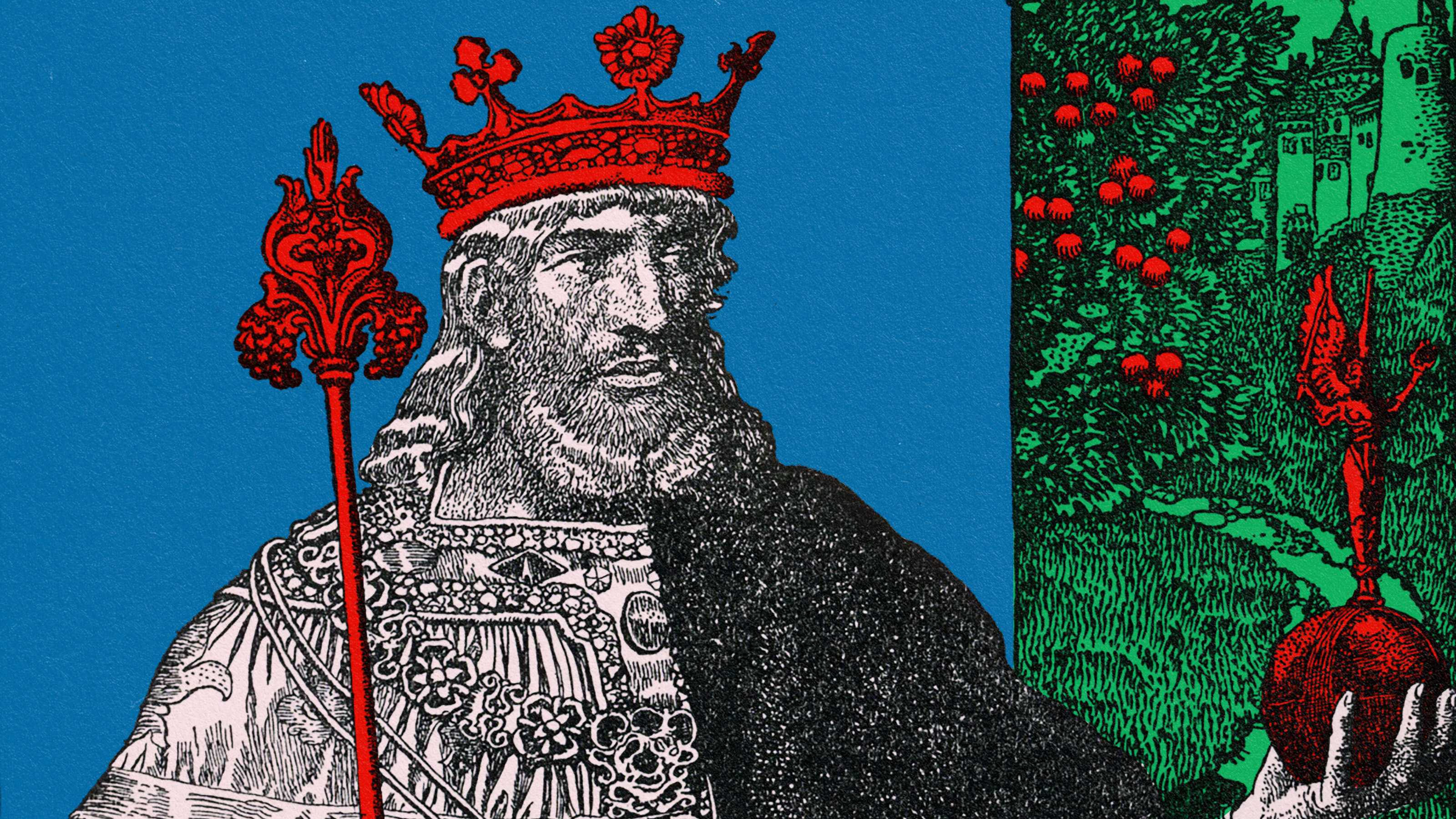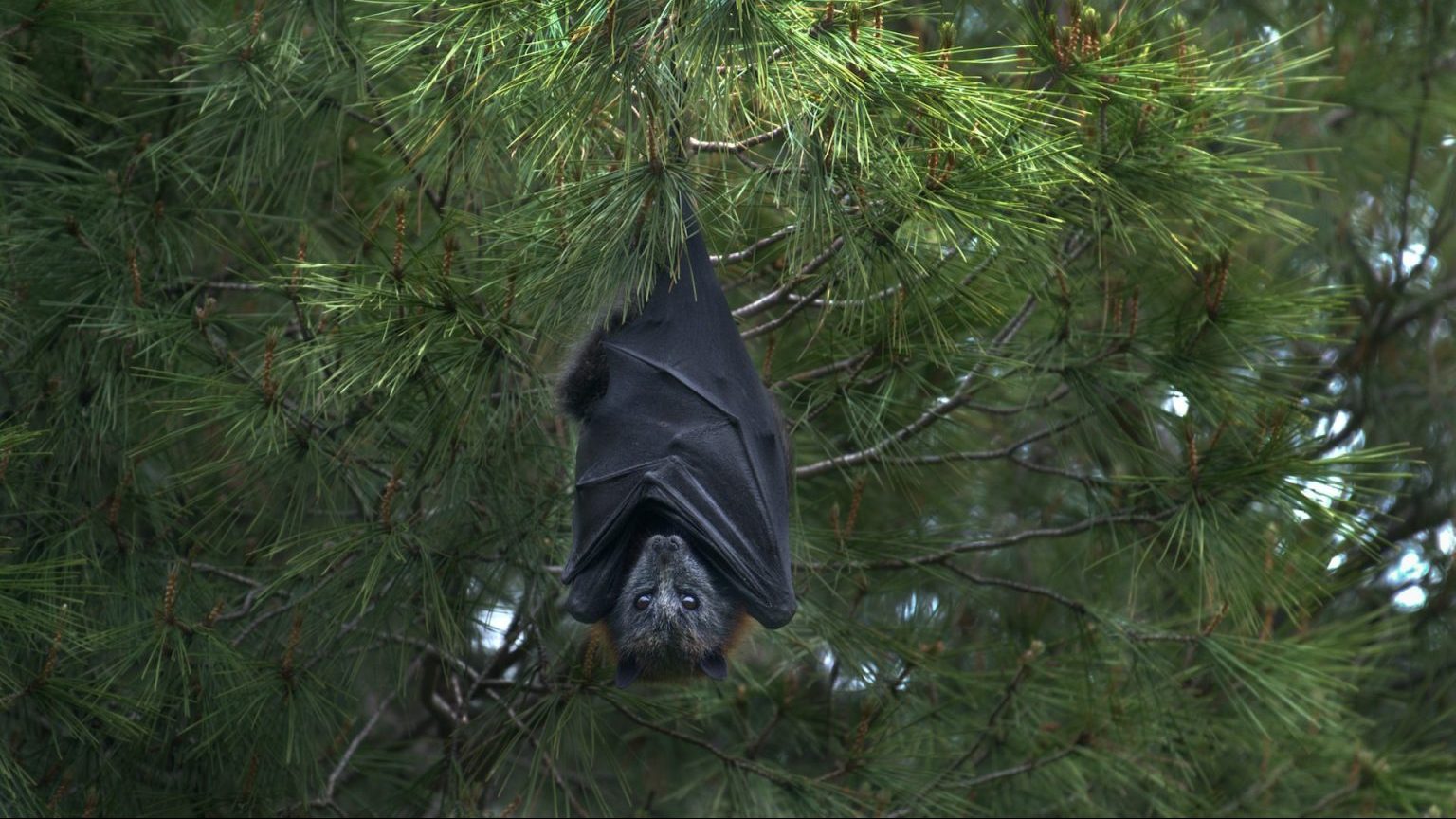Scientists still aren’t sure how they perform without those restorative Z’s.
Search Results
You searched for: Elephants
An effective strategic approach to unlocking and selecting truly innovative solutions.
People discovered prehistoric fossils long before Charles Darwin published “On the Origin of Species.” The remains of these unknown creatures often puzzled their discoverers.
De-extinction, if it is ever possible, will not be simple.
Bloodcurdling war cries, shrieking elephants, and whistling arrows all made soldiers flee in terror.
Experimental archaeology is the practice of recreating past events using knowledge and tools available at the time. Sometimes, it involves elephants.
Do the benefits of plastics outweigh the costs?
The next time you see your dog sniffing the pavement or another dog’s junk, you should let them. Here’s why.
▸
8 min
—
with
There were at least eight other human species, some of whom existed for far longer than we have. Who were they?
Tusks suddenly became a liability, even though in natural circumstances, tusks are very useful.
To the ancient Greeks, exotic animals were proof of mythological creatures. To the ancient Romans, they were oddities and adversaries.
Modern robotics are creating a kind of cultural paradox, where the best religion is the one that eventually involves no humans at all.
Humanity is never fully in control of its creations. This lesson from Mary Shelley has remained relevant for over 200 years.
We should not expect aliens to look anything like us. Creatures that resemble octopuses or birds or even robots are legitimate possibilities.
Rock art in northern Australia depicts marsupial lions, giant kangaroos, and other megafauna that populated the Land Down Under long ago.
Without even realizing it, we’ve actually become pretty god-like in our powers.
A famous explorer’s doomed ship is finally found 107 years after it was lost to the Antarctic deep.
One player’s pawn is another’s farmer. And at one time, the queen was a rather powerless virgin.
A biotech startup has received $15 million in funding to genetically recreate woolly mammoths and rewild them in Siberia.
Mary Toft staged an elaborate hoax, but the pain was real.
The Black, Caspian, and Aral Seas are the last surviving fragments of a body of water that stretched from Austria to Turkmenistan.
Elephants mourn the dead, dolphins give names to each other, and insects can recognize faces. The animal world is much smarter than we think.
There are many things in life that cannot be improved with greater effort. Sometimes, life requires that you step back.
That’s as fast as a bullet train in Japan.
Cats twist and snakes slide, exploiting and negotiating physical laws. Scientists are figuring out how.
Perhaps we should be searching for “other Mercurys” rather than “other Earths.”
“I watched closely for the sun or stars to appear, to correct my chronometer, on the accuracy of which our lives and the success of the journey would depend.”
Almost all royal lines try to legitimize their rule with legendary origin stories. Here are five of the strangest examples.
By studying the oldest animals, researchers hope to pinpoint factors affecting human longevity.
“This fourth wave will be worse than it’s ever been before.”
